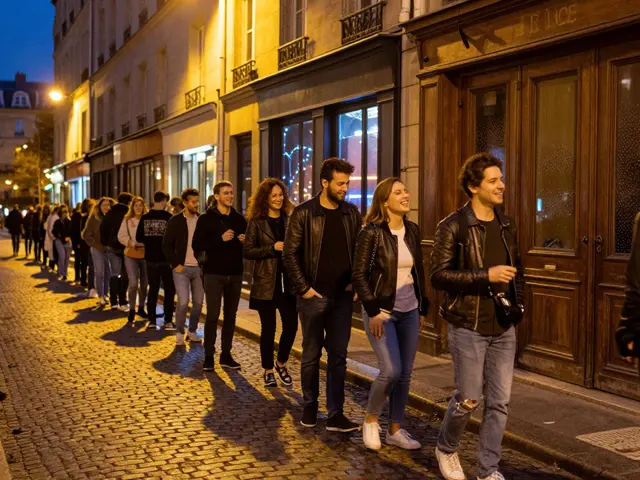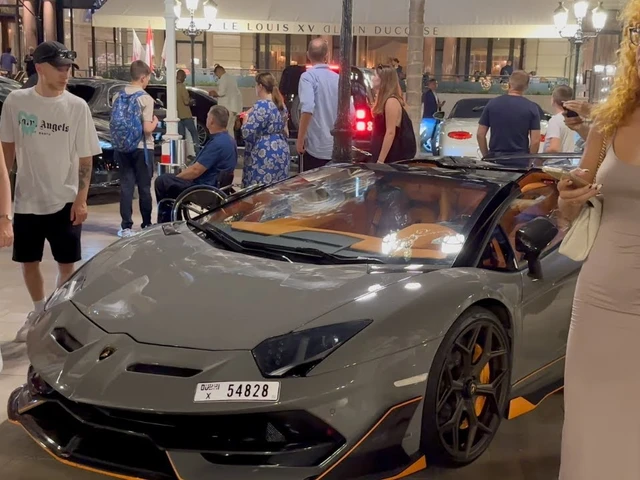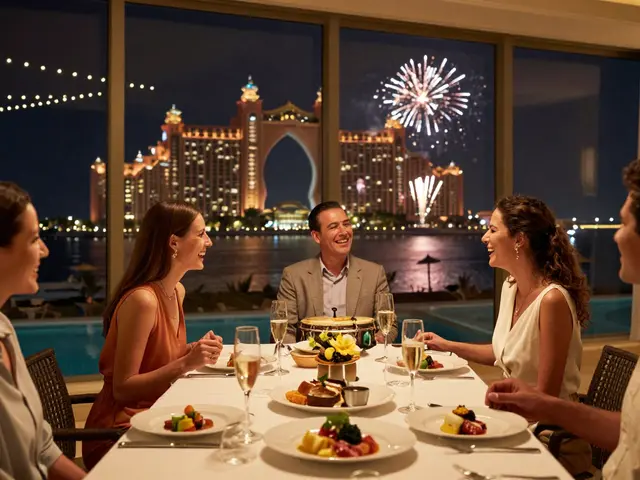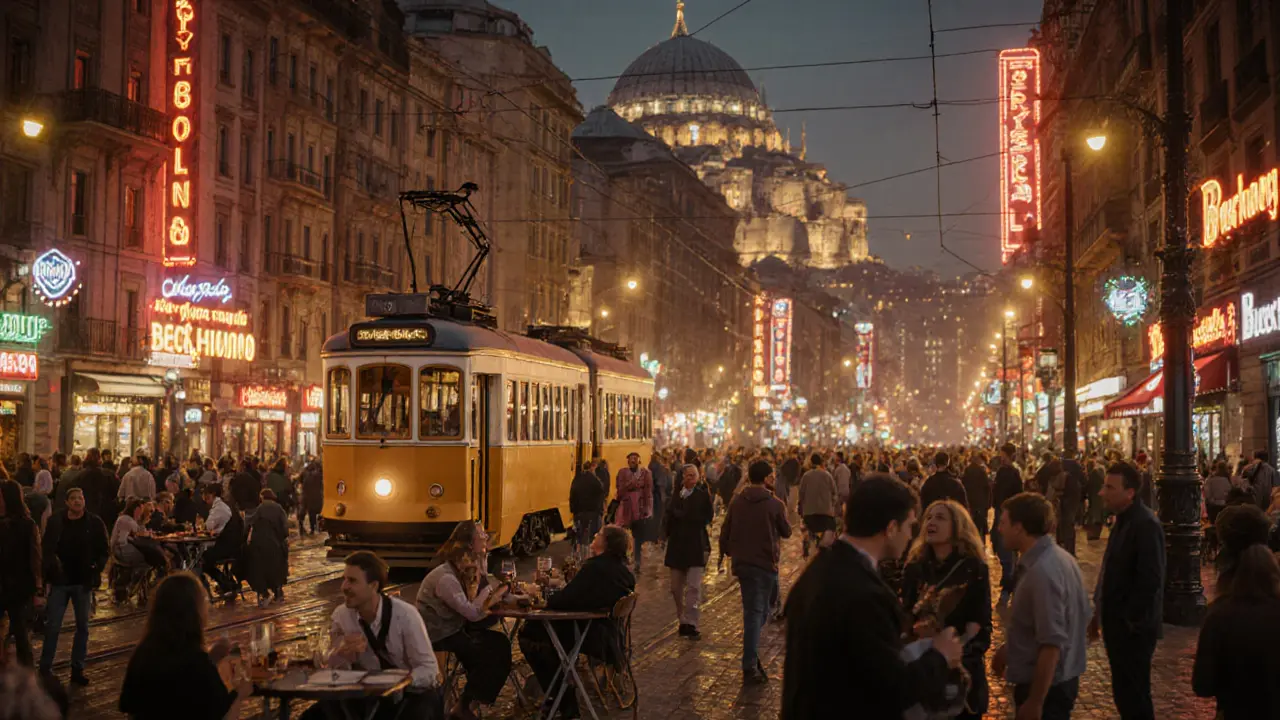
Istanbul doesn’t turn off at midnight. While most cities quiet down after the dinner rush, Istanbul’s streets hum louder. The scent of grilling kebabs mingles with bass from open-air clubs. Taxi drivers wait patiently near rooftop lounges where cocktails cost less than a cup of coffee in New York. This isn’t just a party scene-it’s a rhythm built over centuries, where Ottoman tea houses once whispered secrets, and now, electronic beats echo off Byzantine walls.
Where the Night Begins: Beyoğlu and İstiklal Avenue
Start here if you want to feel the pulse of Istanbul after dark. İstiklal Avenue, a 1.4-kilometer pedestrian street lined with historic trams, turns into a living room for the city. By 9 p.m., it’s packed. Locals sip raki at family-run meyhanes, students debate politics under neon signs, and tourists snap photos of street musicians playing bağlama. But the real magic happens past 11 p.m., when the bars spill onto the sidewalks.Don’t miss Neon, a retro-chic bar with velvet booths and cocktails named after Turkish poets. Or Reina, perched on the Bosphorus, where the view of the illuminated mosques rivals the DJ’s set. Both are busy, but not overwhelming-unlike some clubs in Europe, Istanbul’s nightlife doesn’t rely on bouncers and velvet ropes. It’s more about who you know and how long you’ve been coming.
The Bosphorus Night: Rooftops and Riverfront Vibes
If you want to see Istanbul from above, head to the Bosphorus. The water doesn’t sleep, and neither do the rooftops along its shores. Kuleli in Bebek offers live jazz under string lights, with tables so close to the water you can hear the lapping waves. Boat Bar lets you dock your drink on a floating platform-just order a gin and tonic, and watch ferries glide past with passengers waving back.There’s no dress code. No one checks your ID twice. Locals wear jeans and sneakers. Tourists in designer outfits blend right in. The vibe is casual, confident, and unapologetically Turkish. You won’t find bottle service here like in Miami. Instead, you’ll find friends sharing a bottle of wine, laughing over meze plates of stuffed grape leaves and grilled octopus.
Underground Beats: Karaköy and Galata
For something grittier, walk down the hill from İstiklal to Karaköy. This is where Istanbul’s underground thrives. Bar 66 is a basement spot with no sign, just a flickering red light. Inside, DJs spin techno, house, and Turkish bass-sometimes all in one set. The crowd? Artists, musicians, and expats who’ve been here long enough to know the real scene.Don’t expect neon signs or VIP sections. This is where the music matters more than the branding. The walls are damp, the floors are sticky, and the sound system is loud enough to shake your ribs. You’ll leave with your ears ringing and your phone full of photos you didn’t mean to take. That’s the point.
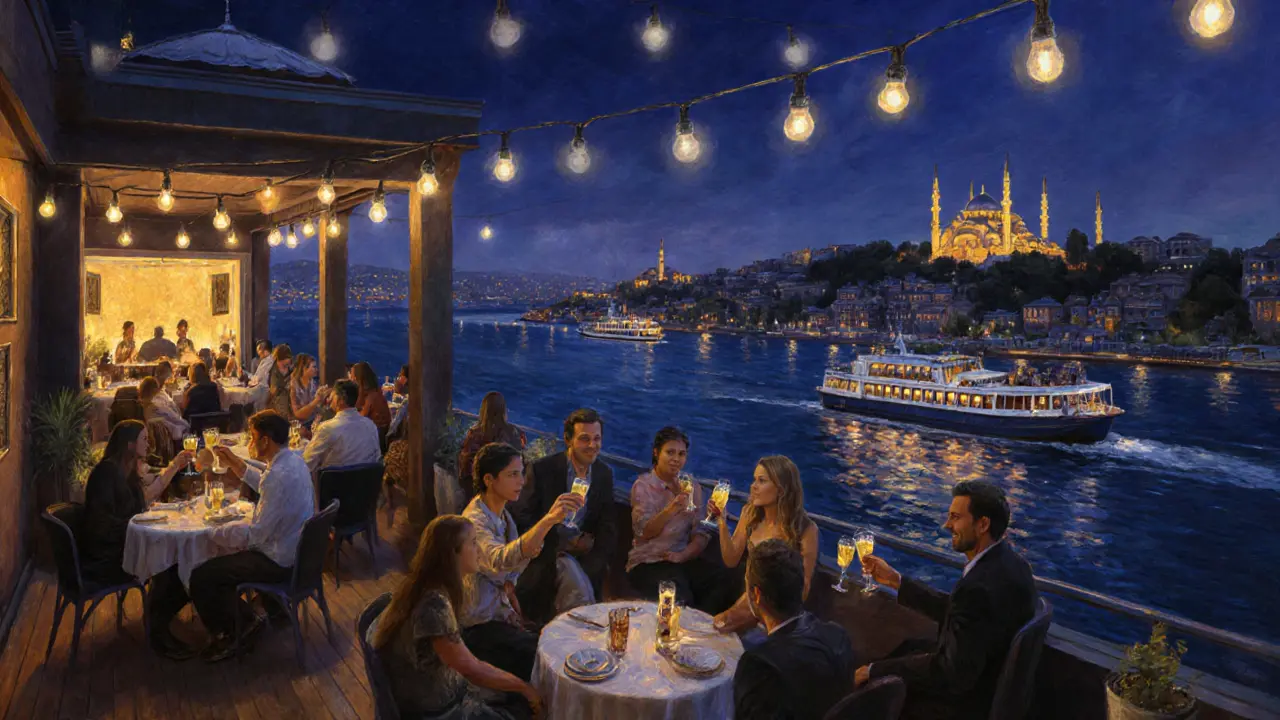
Traditional Night: Mezhanes and Live Music
Not every night in Istanbul needs a DJ. Some nights call for oud, ney, and a glass of raki. Asitane in Sultanahmet serves Ottoman-era dishes with live classical Turkish music. It’s not a club-it’s a time machine. The owner, a retired music professor, still plays the kanun on Thursdays. You’ll hear songs written in the 16th century, played in a room lit only by candlelight.Or try Hasbahçe in Kadıköy, a legendary meyhane where locals gather after midnight to sing folk songs. No one performs on stage. Everyone sings. If you join in, they’ll hand you a glass. If you don’t, they’ll still cheer you on. It’s not about talent-it’s about belonging.
When to Go and What to Expect
Istanbul’s nightlife runs on its own clock. Bars open around 8 p.m. Clubs don’t fill up until after 1 a.m. By 4 a.m., you’ll find people still eating simit and drinking ayran at 24-hour kiosks. Most places don’t close until 6 a.m., and some stay open until sunrise.Friday and Saturday nights are packed. But don’t avoid weekdays. Tuesday and Wednesday are when locals let loose without the tourist crowd. You’ll hear better music, get better service, and maybe even make a friend who shows you where the real after-parties happen.
Prices? A beer costs 15-25 Turkish lira ($0.50-$0.80). A cocktail? 40-70 lira ($1.30-$2.30). Even the fanciest rooftop won’t charge you more than 150 lira for a drink. That’s half the price of Barcelona or Berlin. And the service? Always warm. Always genuine.
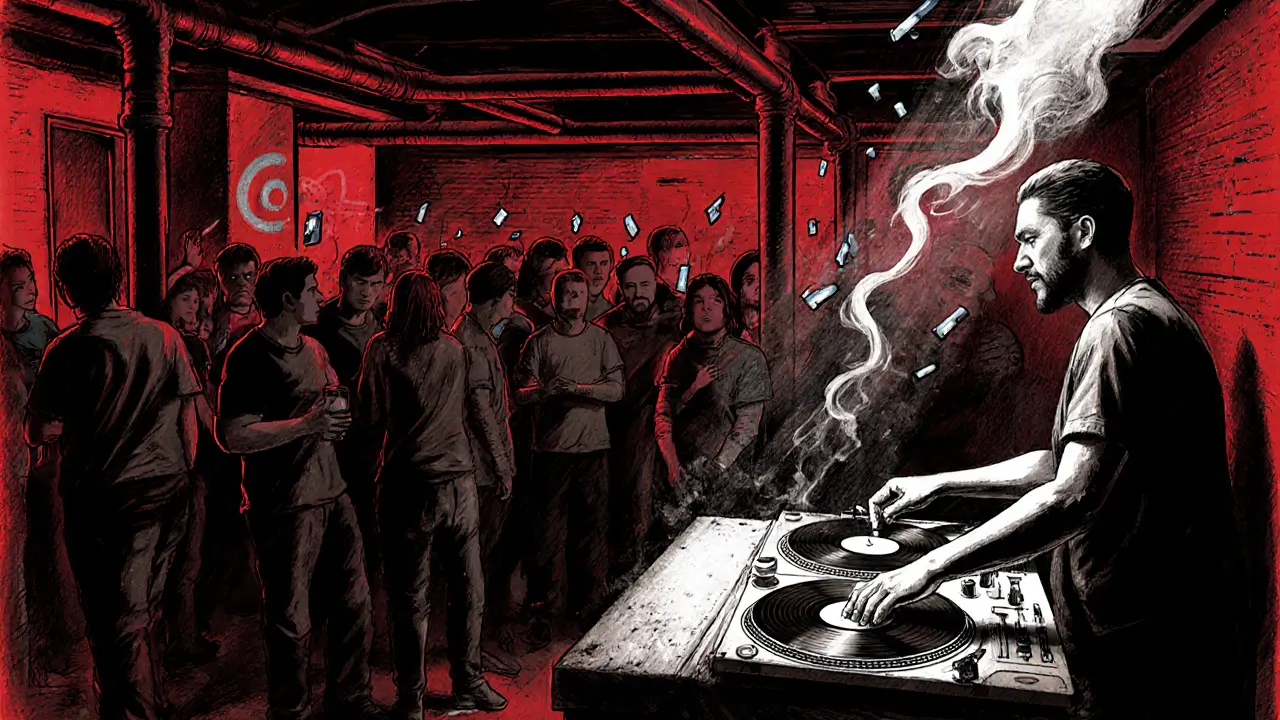
What Not to Do
Don’t assume Istanbul’s nightlife is like London or Paris. There’s no late-night subway. Taxis are cheap, but traffic is brutal after midnight. Use BiTaksi or Uber-both work well here.Don’t walk alone in deserted alleys after 2 a.m., even in safe neighborhoods. Istanbul is generally safe, but no city is without risks.
And don’t rush. This isn’t a checklist. You won’t hit five clubs in one night and call it a night. You’ll sit in one place, talk to strangers, and realize you’ve been there for four hours. That’s the Istanbul way.
Seasonal Shifts: Summer vs. Winter Nights
Summer nights stretch longer. Rooftops overflow. Open-air clubs like Zuma and Reina host beach parties with fire dancers and live percussion. The Bosphorus glows with reflected lights from yachts and waterfront restaurants.Winter? It’s quieter, but not dead. Indoor venues heat up. Basements become dens of jazz and blues. Bar 66 adds heaters. Neon turns up the lights and the music. Locals say winter nights are better-less noise, more soul.
Christmas and New Year’s are huge. The city lights up. Fireworks explode over the Bosphorus Bridge. Crowds gather in Taksim Square, but not for chaos-for celebration. Locals sing, hug, and toast with raki. It’s not a party. It’s a tradition.
Final Thoughts: Why Istanbul’s Nightlife Stands Out
Istanbul doesn’t just have nightlife. It has soul. You won’t find clubs that charge $100 for entry or security teams that scan your bag five times. You’ll find people who’ve lived here for decades, still dancing like they’re 22. You’ll find a city that remembers its past but never stops moving forward.It’s the place where a 70-year-old man plays the ney while a 20-year-old woman spins vinyl. Where a German expat teaches Turkish poetry to a group of Argentinian backpackers. Where the call to prayer and the beat of a drum happen at the same time-and somehow, it makes sense.
You don’t come to Istanbul for the clubs. You come for the nights that change you.
Is Istanbul nightlife safe for tourists?
Yes, Istanbul’s nightlife is generally safe for tourists. Most areas like Beyoğlu, Karaköy, and the Bosphorus waterfront are well-lit and patrolled. Stick to popular spots, avoid isolated alleys after 2 a.m., and use registered taxis like BiTaksi or Uber. Petty theft is rare, but always keep your belongings close, especially in crowded bars.
What time do nightclubs in Istanbul close?
Most clubs don’t close before 6 a.m., and some stay open until sunrise. Popular spots like Reina and Bar 66 often run until 7 a.m. on weekends. The city doesn’t have strict closing laws like in Western Europe, so hours vary by venue. If you’re still going strong at 4 a.m., you’ll find 24-hour eateries serving simit, menemen, and tea nearby.
Do I need to dress up for Istanbul nightclubs?
No. Istanbul is casual. Jeans, sneakers, and a nice shirt are fine everywhere-even at rooftop lounges. Some upscale venues like Reina might appreciate a collared shirt for men, but no ties or formal wear are required. Locals dress to feel comfortable, not to impress. If you’re overdressed, you’ll stand out-and not in a good way.
Are there any 24-hour places in Istanbul?
Yes. Around Taksim, İstiklal, and Kadıköy, you’ll find 24-hour kiosks selling simit, börek, and ayran. Some meyhanes like Hasbahçe stay open until dawn. And if you’re still awake after sunrise, head to a Turkish breakfast spot like Çiya Sofrası in Kadıköy-they serve fresh eggs, cheeses, and olives all day, every day.
Can I find English-speaking staff in Istanbul nightspots?
In tourist-heavy areas like Beyoğlu and the Bosphorus, yes. Most bartenders and servers speak basic to fluent English. In underground spots like Bar 66 or local meyhanes in Kadıköy, staff might speak little English-but that’s part of the charm. A smile, a point, and a few Turkish words go a long way. Locals appreciate the effort.
